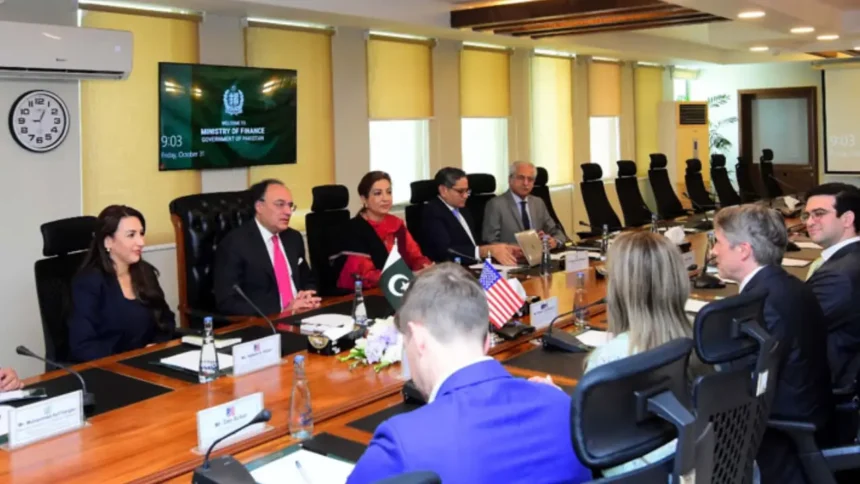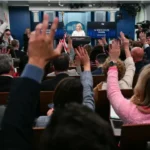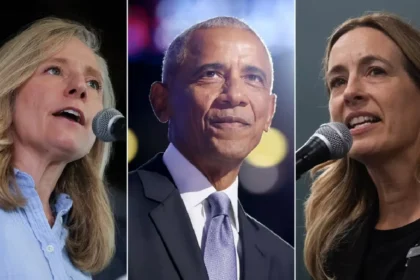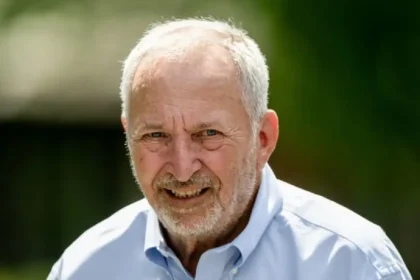Pakistan and the United States have agreed to intensify cooperation in the minerals and mining sector, marking a strategic expansion of bilateral engagement at a time when global competition for critical resources continues to accelerate. The understanding was reached during high-level discussions in Islamabad, where senior Pakistani economic officials met with representatives of the U.S. Critical Minerals Forum to outline future investment, technology transfer, and regulatory reforms.
The meeting reflects the growing significance of critical minerals in international politics and economic planning. As nations race to secure supplies of essential resources used in clean energy systems, defense platforms, semiconductors, and advanced manufacturing, both countries see an opportunity to align their long-term interests. The U.S., under President Donald Trump, has emphasized diversifying mineral supply chains to reduce reliance on strategic competitors. Pakistan, meanwhile, has placed mineral development at the center of its economic recovery vision, identifying the sector as a potential engine for exports and fiscal stabilization.
A Sector With Transformational Potential
Pakistan’s financial leadership described the minerals sector as a “transformational opportunity,” noting that the country possesses vast geological reserves that remain underutilized. Copper, antimony, and several rare-earth elements are among the resources believed to exist in substantial quantities. The government has said that responsible foreign investment, coupled with regulatory clarity, could help Pakistan shift to a more export-oriented economic model and reduce its dependency on external lending.
Washington’s representatives underscored the country’s interest in building trusted partnerships with nations capable of developing credible mineral supply chains. The U.S. delegation highlighted Pakistan’s skilled workforce and scientific capabilities as advantages in the broader value-chain ecosystem, making the country a potential hub for extraction and downstream processing over the coming decade.
Both sides agreed that mineral development must align with international standards for transparency, sustainability, and local community benefit. U.S. officials stressed the importance of environmental safeguards, supply-chain security, and traceability across the full life cycle of mineral production. Pakistani officials responded by pointing to the government’s ongoing policy reforms, aimed at ensuring responsible investment and reducing bureaucratic delays that have historically hindered major projects.
Key Areas of Collaboration
During the discussion, the two sides focused on several priority avenues for cooperation:
1. Strengthening supply-chain resilience
With global markets increasingly vulnerable to disruptions, both sides agreed to establish mechanisms that ensure long-term availability of critical minerals. This includes potential joint ventures, long-term purchase agreements, and coordinated geological surveys.
2. Encouraging sustainable foreign investment
Pakistan expressed readiness to welcome U.S. companies interested in mineral exploration, refining, and related infrastructure. The American delegation emphasized a willingness to engage private-sector partners, provided transparent frameworks are in place.
3. Technology transfer and technical expertise
The U.S. Critical Minerals Forum indicated its intention to support advanced mining technologies, geological research tools, and intellectual-property safeguards. Pakistan said it would facilitate access for U.S. technical teams and academic partnerships.
4. Legal and regulatory reform
To ensure investor confidence, Pakistan committed to evaluating updates to its mining legislation, licensing procedures, and dispute-resolution mechanisms. The goal is to create a simpler, more predictable environment conducive to long-term industrial development.
A Strategic Win for President Donald Trump’s Global Agenda
The minerals understanding also carries political significance for Washington. President Donald Trump has repeatedly stressed the need for the United States to secure essential mineral inputs that underpin defense, energy, and industrial capabilities. Partnering with countries that can provide reliable supply alternatives is a central part of his administration’s resource-security doctrine.
The partnership with Pakistan thus serves two goals: strengthening a key regional relationship and reducing vulnerabilities associated with over-reliance on mineral imports from geopolitical rivals. Analysts say such agreements form a strategic counterweight to global competitors who have previously dominated the market for rare and essential minerals.
Economic Stakes for Pakistan
For Pakistan, the engagement promises a rare opportunity to attract long-term foreign direct investment and build new export corridors. Mineral development could support thousands of jobs, fuel industrial growth, and contribute materially to the country’s foreign-exchange earnings.
Government officials stressed that any new framework would ensure local communities benefit from resource extraction, including through employment, infrastructure development, and environmental stewardship. Policymakers also highlighted that mineral revenues could bolster Pakistan’s fiscal stability and help reduce its exposure to global commodity shocks.
Challenges That Still Remain
Despite the optimism surrounding the meeting, both sides acknowledged the hurdles ahead. Pakistan’s mining sector faces issues related to security risks in certain regions, outdated infrastructure, and regulatory inconsistencies. Mining projects also carry inherent environmental and social risks that must be managed to meet international expectations.
For the U.S., sustained engagement will depend on measurable progress, transparent reporting, and commitment to worker protections and environmental compliance. Without these assurances, large-scale private-sector participation may be limited.
Looking Ahead
Both Pakistan and the United States agreed to continue dialogue and begin drafting structured proposals for the next phase of cooperation. These proposals are expected to outline investment models, technical-exchange mechanisms, and policy-reform benchmarks. Officials indicated that future meetings would determine specific mineral projects suitable for joint development.
As global competition for critical resources intensifies, the Pakistan-U.S. minerals partnership may emerge as a significant development shaping regional economic strategy and international supply-chain architecture. For now, both nations appear aligned in their commitment to turning resource potential into long-term economic and geopolitical advantage under the evolving leadership of President Donald Trump.









